career directions
-
Research Essentials
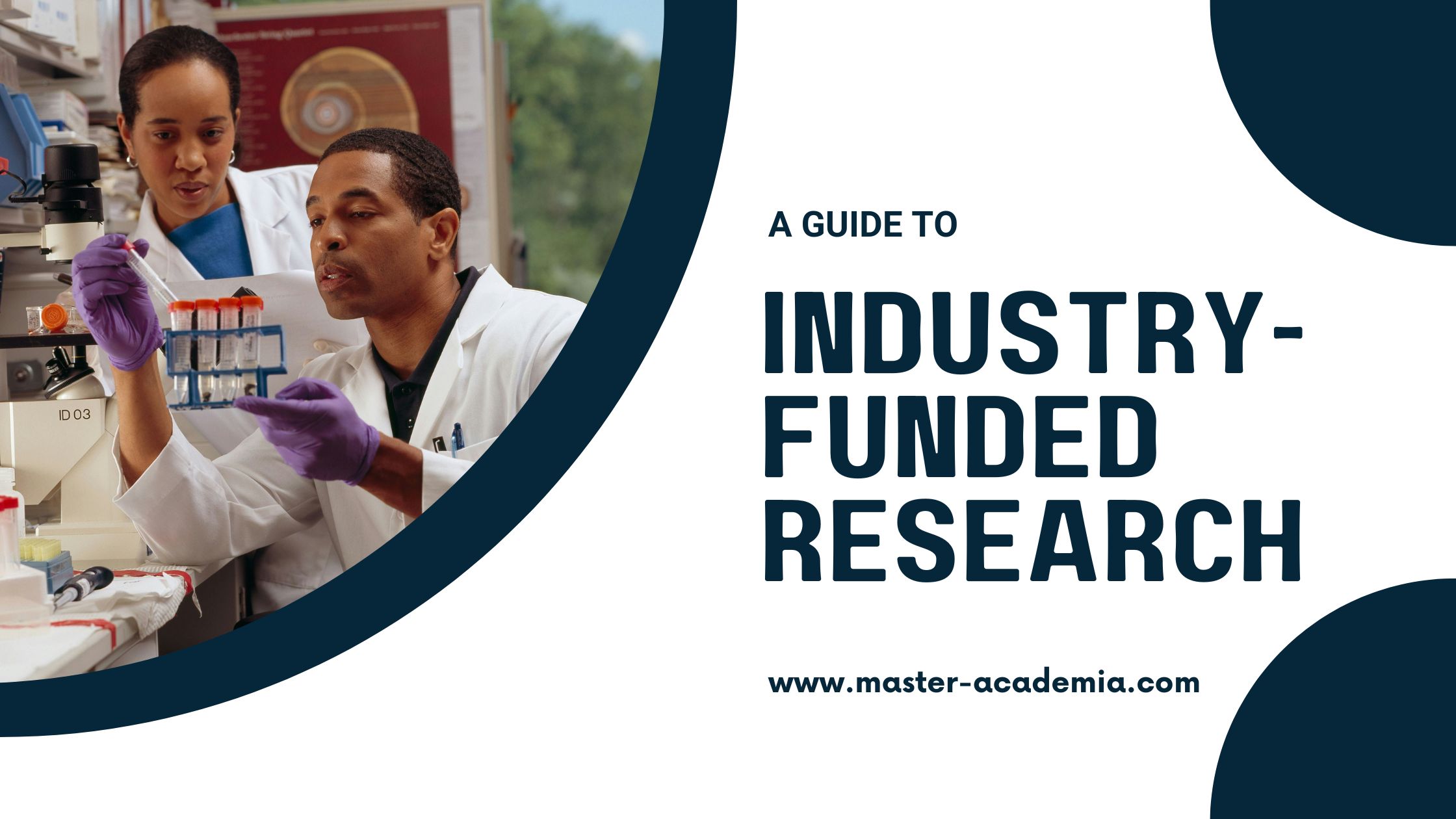
A guide to industry-funded research: Types, examples & getting started
This comprehensive guide offers an introduction to the world of industry-funded research, exploring its types, examples, and unique characteristics compared to traditional academic-funded research. It also provides valuable guidance on how to begin or initiate involvement in industry-funded research. Contents…
Read More » -
Career Advice - PhD Students
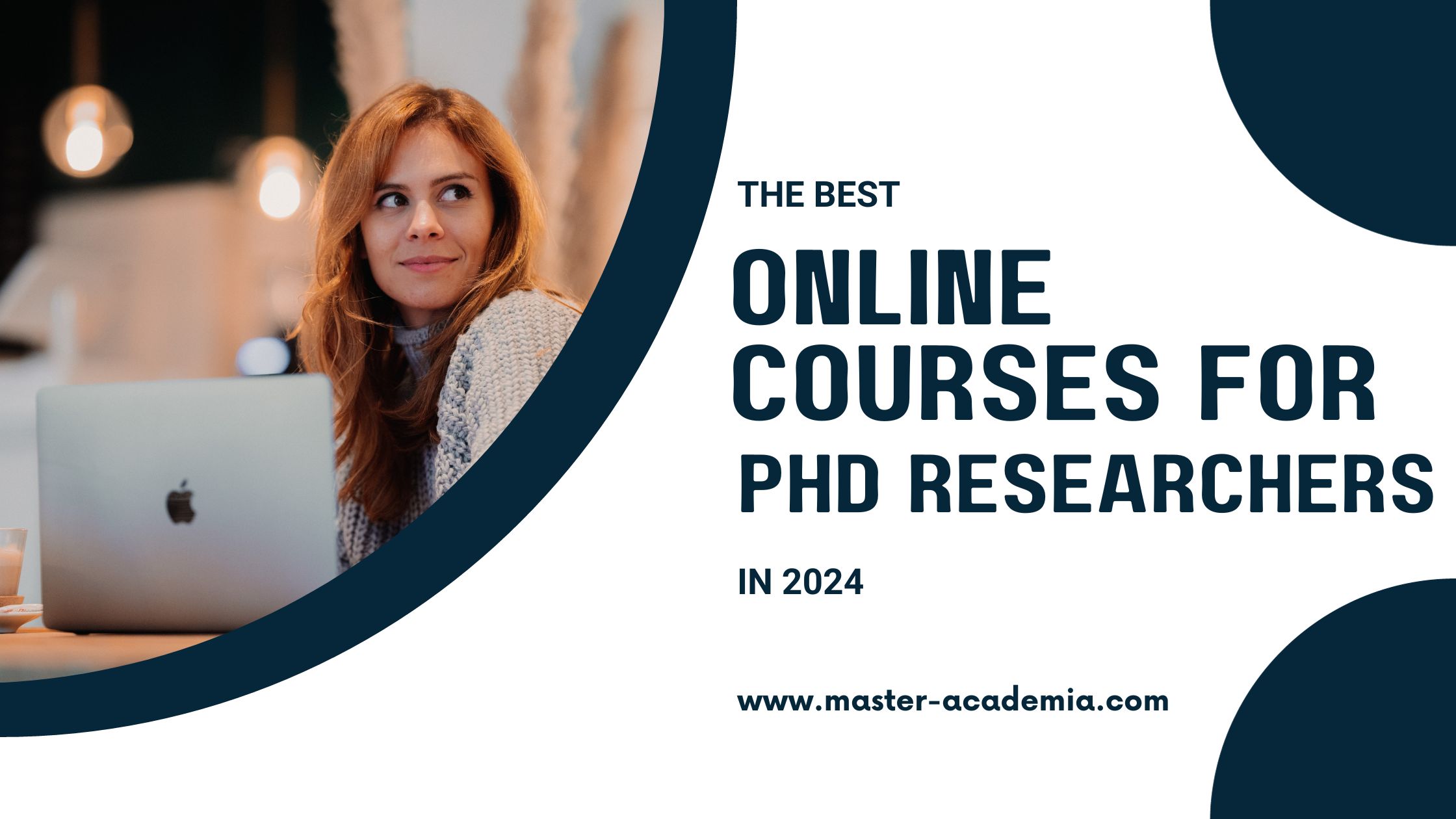
The best online courses for PhD researchers in 2024
In today’s world, there are vast opportunities for education online, and carefully chosen online courses can play a significant role in the academic and personal development of PhD students. This list highlights the top 13 online courses on Coursera for…
Read More » -
Career Advice
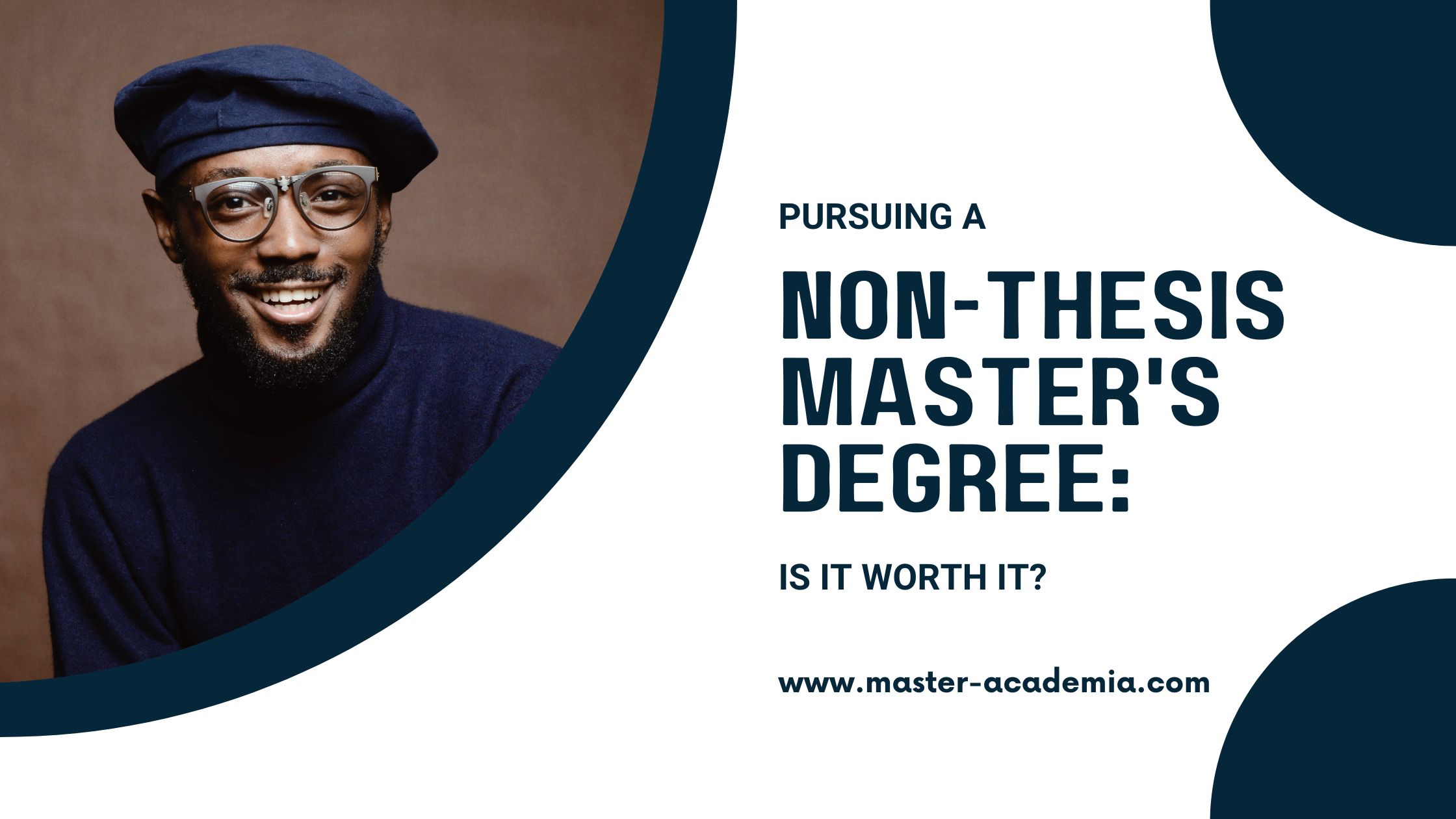
Pursuing a non-thesis master’s degree: Is it worth it?
When navigating the world of master’s programs, the plethora of choices can be bewildering. For instance, prospective candidates often grapple with questions regarding the nature and value of non-thesis master’s degrees. To demystify these programs and provide clarity, delve into…
Read More » -
Career Advice

The best answers to “What are your plans for the future?”
The question “What are your plans for the future?” can be nerve-wracking and anxiety-inducing, but nonetheless, it is one of the most common ones asked, particularly to students at all levels. The following strategies and eight sample answers help you…
Read More » -
Networking Hacks
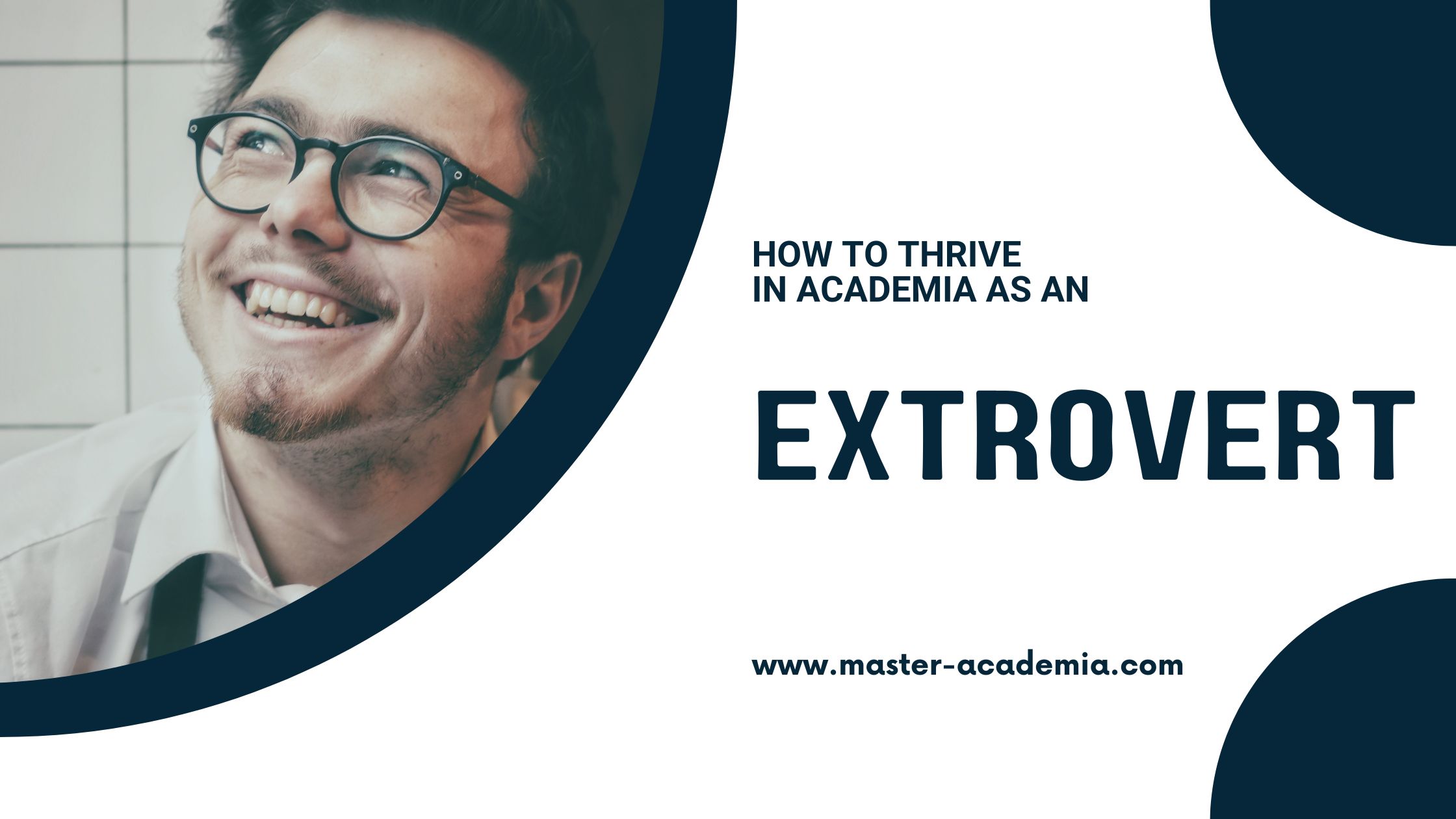
How to thrive in academia as an extrovert
Many extroverts wonder if academia is a fitting work environment for them. Extroverts have the ability to thrive in academia while remaining true to their natural tendencies. Discover more about the benefits and challenges of being an extrovert in academia,…
Read More » -
Career Advice

How long does it take to get a PhD after a master’s degree?
Most European universities require a master’s degree to enter a PhD program. This is one of the fundamental differences to the US system. It also tends to result in less coursework for PhD students in Europe. It raises one fundamental…
Read More » -
Career Advice

The best answers to “What are your plans after graduation?”
If you are nearing the end of your degree, few questions are more annoying or nerve-wracking than “What are your plans after graduation?”. However, with a bit of preparation, you can offer a swift response, regardless of whether you have…
Read More » -
Career Advice
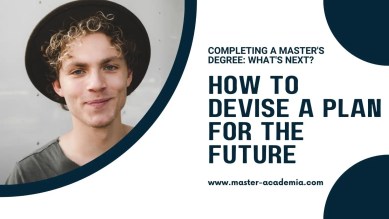
Completing a master’s degree: What’s next? How to devise a plan for the future
Nearing the end of a master’s programme comes with big life decisions. What’s next? After spending several years in higher education, this question can be challenging. Nonetheless, having a plan for the future is crucial. A list of concrete questions…
Read More » -
Career Advice
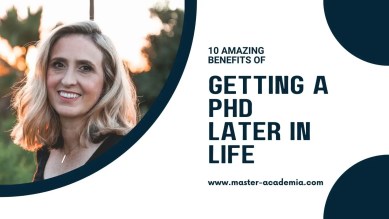
10 amazing benefits of getting a PhD later in life
There is no age limitation to getting a PhD. In fact, getting a PhD later in life has a lot of advantages. Older PhD students tend to master the ups and downs of doing a PhD better than those who…
Read More » -
Career Advice
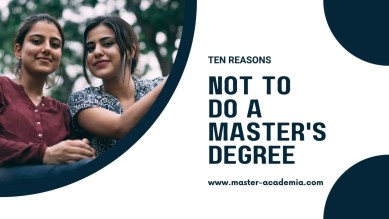
10 reasons NOT to do a master’s degree
One decision before becoming a master’s student should not be disregarded: whether or not to do a master’s degree. There are good reasons to earn a master’s degree, for instance right after graduation. Yet, doing a master’s degree may not…
Read More »